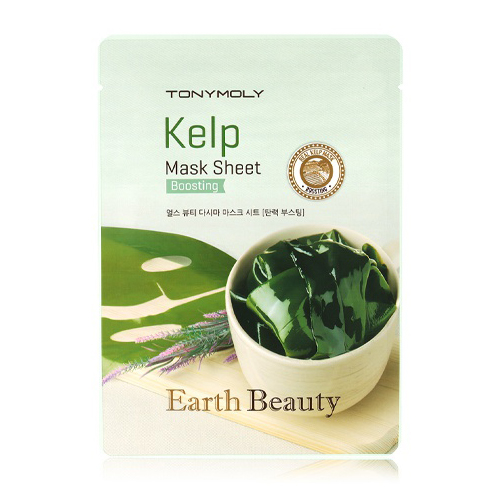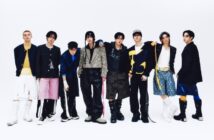That fact that Korean pop and beauty culture are growing across the world is undeniable, with names like ‘G-Dragon‘, ‘Psy‘ or products such as ‘sheet masks‘ already being internationally recognised. However, in Europe, this influence seems to be spreading more slowly compared to the USA and other Asian countries. Sure, there is the occasional concert or coverage of idols attending fashion events, but in general, the media coverage in still seems to be a bit behind.
In the UK, however, the BBC have come to notice the impact of K-pop on international politics, as well as the growth and demand of Korean beauty products.
Many K-pop fans have been following the recent scandal involving TWICE’s member Tzuyu, who caused an international scandal by introducing herself as a Taiwanese citizen and waving a Taiwanese flag on a TV show. A popular Chinese singer, Huang An, saw the show and interpreted Tzuyus action as a symbol of support for Taiwanese independence. His post on weibo about it created a wave of disapproval by the Chinese towards Tzuyu, her group and her agency JYP, which led to China boycotting them on many levels. JYP tried to correct the situation by posting a video that showed Tzuyu – who’s only 16 – apologising teary-eyed and exhausted looking, but it completely backfired when many Taiwanese citizens were said to be offended by it. It was deemed as humiliating for Tzuyu and for the whole on Taiwan, and rumours started emerging that the apology could have been forced. The case is still being investigated.

Tzuyu during her apology, where she read most of her words off a sheet of paper, raising concern the apology might not have been her own initiative
The BBC covered the story and highlighted the ‘dark side’ of Asian pop music by focusing on the control agencies have over their idols and the restrictives rules they have to obey. To reinforce this, they mention the case of Japanese girl group member Minami Minegishi, who shaved her hair and apologised on video two years ago after spending a night with her boyfriend and therefore breaking the tough agency rules (no-dating clauses are quite common and in some cases marriage has to be approved by the agency beforehand).
You can read the whole article here.
Although in this case, the coverage was about another scandal, the BBC also published another article about the growth of K-beauty and the curious ingredients that are driving the success of Korean cosmetics internationally. In countries like the US, K-beauty is so popular that retailers like Urban Outfitters and Sephora already carry some Korean products. The growing demand for Korean cosmetics has also led to the creation of various niche e-commerce shops that focus on selling specially curated Korean skin care products that feature fermented ingredients, snail mucus, mushroom extracts and more.

Beauty products made of curious ingredients such as kelp extract have been gaining a lot of attention outside Korea
Though the article focuses more on the US market, where the presence of K-beauty is much more pronounced, the fact that it is getting noticed in the UK could indicate that 2016 might just be the year when K-beauty finally reaches England and the rest of Europe.
Until that happens, you can read the article and find out where to shop for K-beauty here.
Have you seen the mentioned articles? What did you think about them? Let us know in the comments below!


![[News] Korean News via the BBC](https://unitedkpop.com/wp-content/uploads/2016/01/new_bbc.png)


